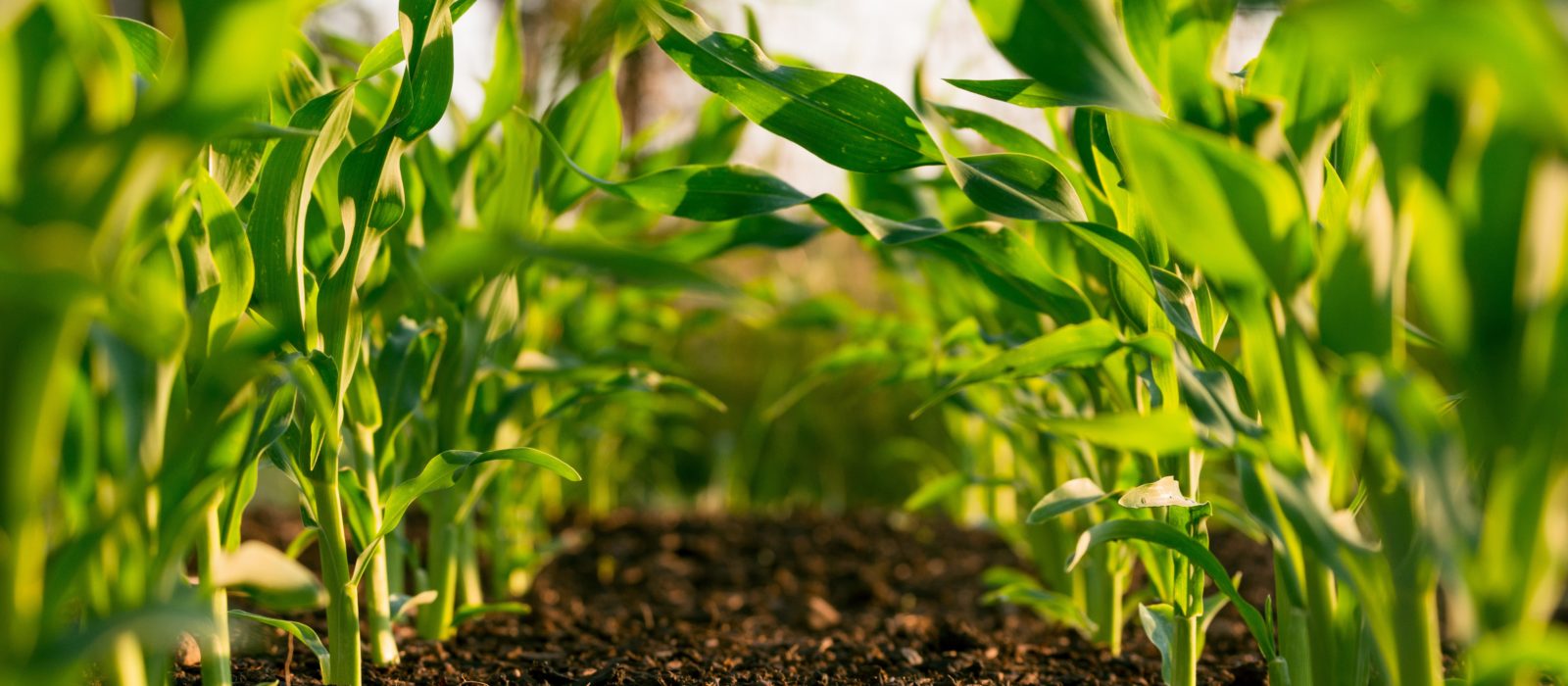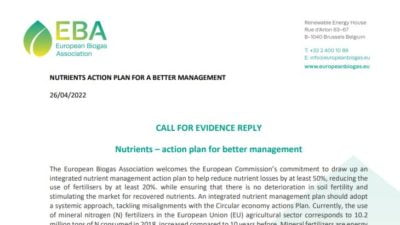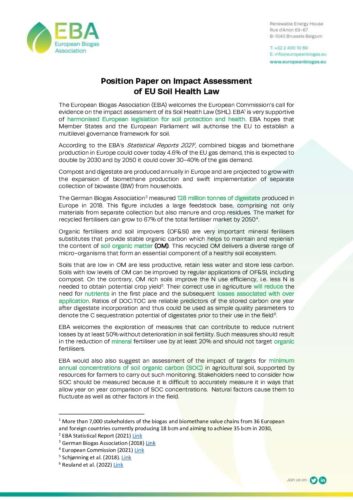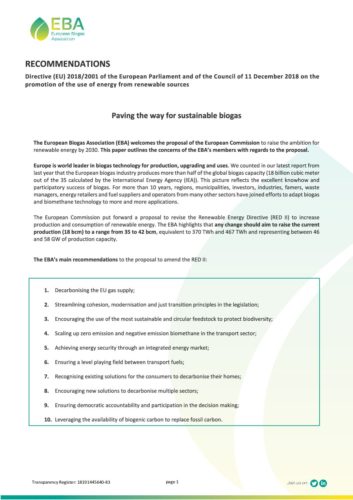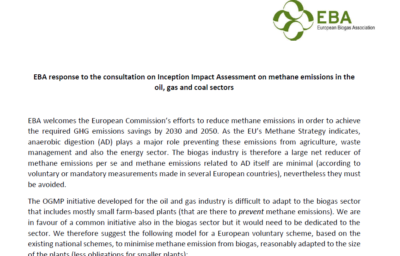Overview

Sustainability is a multifaceted concept encompassing environmental standards, climate change mitigation and adaptation as well as the economy and impact on citizens. At EBA, we believe sustainability is a precondition for the further development of the biogas and biomethane sector in Europe. Since 2018, the production and use of biogas must comply with a set of sustainability criteria to ensure that sourcing feedstock does not negatively impact the environment and biodiversity, that biogas and biomethane are used in an efficient fashion and that substantial greenhouse gas emissions are saved compared to when fossil fuels are used.
Impact
A solid European sustainability policy can act as a driver for market developments to favour environmentally-sound sourcing and efficient use of biomethane and biogas across several sectors (buildings, industry, electricity and transport). While the introduction of EU-wide requirements is a good step for the further development of our sector, their frequent revision makes investments uncertain and ultimately impacts on existing businesses. The recent entry into force of the regulation on Taxonomy for sustainable investments, for example, is an excellent tool to drive investments towards sustainable activities including biogas and biomethane. However, the sustainability requirements the regulation establishes diverge from those of the renewable energy directive and create an increased administrative burden for operators to demonstrate compliance.
Our ambition
- To achieve a solid EU sustainability policy that provides legal certainty for the future and shields existing investments from sudden changes.
- To implement an easy compliance system for operators, with credible default values for the most commonly used feedstocks provided by the legislators.
- To gain recognition of Guarantees of Origins by public and private emissions reporting schemes.

